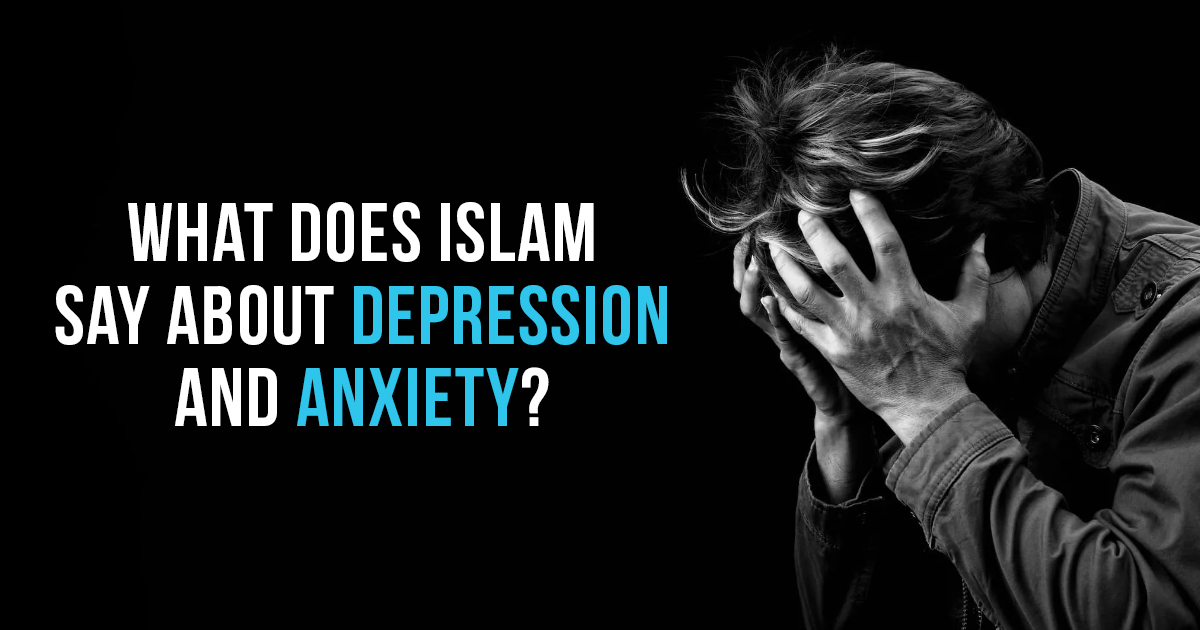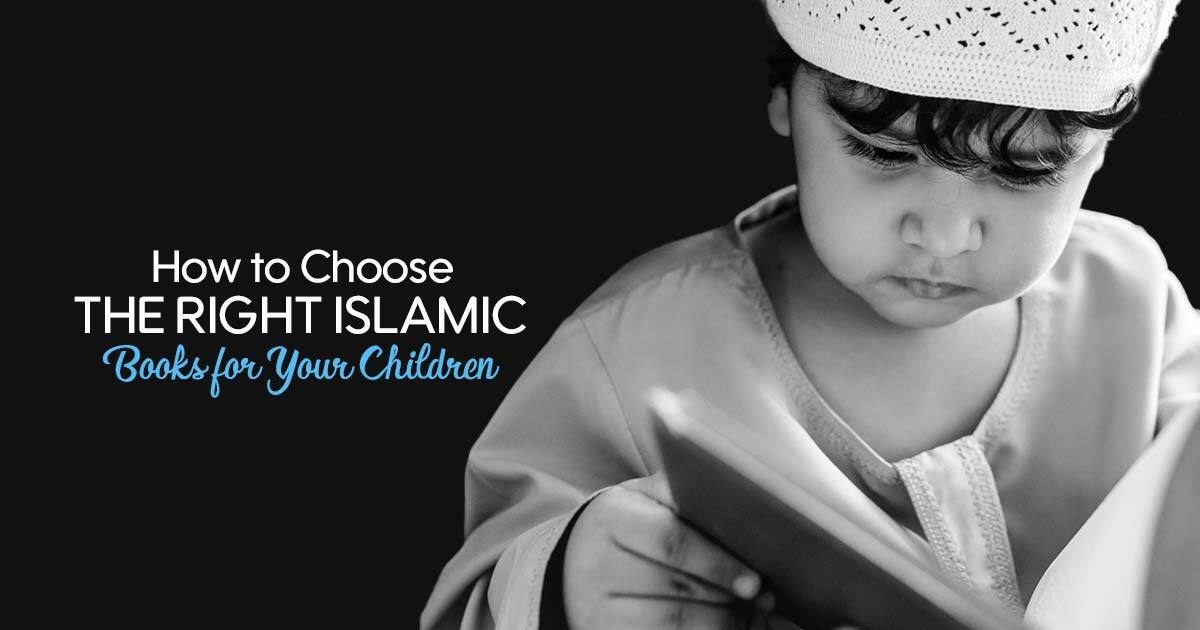We use cookies to make your experience better. To comply with the new e-Privacy directive, we need to ask for your consent to set the cookies. Learn more.
What does Islam say about Depression and Anxiety?

What does Islam say about Depression and Anxiety?
Unraveling the Islamic Perspective on Depression and Anxiety
In our fast-paced world, depression and anxiety have become increasingly prevalent concerns. Islam, a religion that places great emphasis on the overall well-being of its followers, offers valuable insights into understanding and coping with such mental health issues. Let’s explore the stance of Islam on depression and anxiety, offering solace and guidance for those in need.
Recognizing the Human Condition: Empathy in Islam
Compassionate Religion: Islam is a religion that promotes compassion and empathy, recognizing the emotional and psychological struggles one may face, including depression and anxiety.
Offering Solace Through the Quran and Sunnah
Understanding Psychological Pain: Stories and sayings from Islamic texts highlight that feeling psychological pain does not equate to weak faith.
Prophetic Encounters with Grief: The Prophet Muhammad (PBUH) experienced profound sadness and grief, which informs the understanding of mental health struggles.
Read Our Islamic Books On Health to Avoid Depression and Anxiety.
Depression and Anxiety in Islamic Teachings
Depression: A Recognized State
Acknowledgment of Sadness: Islamic texts reference feelings of sadness, providing examples such as the year known as ‘Am al-Huzn’ (The Year of Sadness), during which the Prophet Muhammad (PBUH) grieved deeply.
Anxiety: A Natural Emotion
Acceptance of Anxious Emotions: Anxiety is acknowledged as a natural emotion, one that was felt by various prophets during challenging situations.
Prophet Muhammad (PBUH) and Mental Wellness
Compassionate Attention: The Prophet’s (PBUH) response to individuals experiencing emotional distress was one of kindness and understanding.
Remembrance of Allah (Dhikr) and Prayer (Salah)
Spiritual Practices as Tools: Regular remembrance of Allah and observance of the five daily prayers are encouraged as practices that soothe the heart and mind.
Coping Mechanisms Within Islamic Framework
Cognitive Reframing through Faith
Tawakkul (Trust in Allah): Islam encourages an optimistic outlook and reliance on Allah, which can help reshape negative thought patterns.
Spiritual Mindfulness Practices
Mindfulness in Prayer: The meditative qualities of Salah can bring about a state of mental calmness.
Strengthening Social Bonds
Community Support: The Muslim community (Ummah) is taught to be a source of support, reflecting the Islamic approach to emotional well-being.
Islamic Scholars on Psychological Health
Historical Acknowledgment of Emotional Struggles
Classical Scholarship: Many Islamic scholars throughout history recognized and wrote about the emotional and psychological pains experienced by individuals.
Mental Health and Islamic Law (Sharia)
Consideration for Mental Health: Sharia takes into account the psychological state of individuals when considering their responsibilities and accountabilities.
Addressing Mental Health in Muslim Communities
Normalizing Mental Health Discussions
Breaking the Stigma: Engaging in open conversations about mental health to dispel myths and stigmas.
Seeking Professional Help
Encouragement to Seek Treatment: Islam does not oppose seeking treatment; proactive steps towards mental health care are encouraged.
Comprehensive Wellness Approach
Holistic Health: Islam advocates for a balance of spiritual, physical, and mental health practices.
Integration of Modern Psychology and Islamic Teachings
Harmonious Interface
Complementary Methods: There is a growing field of psychology that incorporates Islamic teachings with contemporary mental health practices.
The Role of Muslim Health Professionals
Bridging Beliefs and Science: Muslim health professionals can provide care that respects religious beliefs while utilizing sound medical approaches.
Islam’s Stance on Psychological Well-Being: Combining Faith and Wellness
Islamic teachings encourage a compassionate and proactive approach to dealing with mental health concerns. They promote seeking Allah’s help through prayer and remembrance, while also advocating for the use of contemporary medical treatments in managing symptoms.
FAQs: Islam’s Perspective on Depression and Anxiety
What does Islam say about feeling depressed or anxious?
Islam acknowledges depression and anxiety as real emotional experiences. It encourages individuals to seek help through prayer, community support, and if necessary, professional treatment.
Is it true that Islamic teachings can be used to help cope with mental health issues?
Yes, Islamic teachings offer numerous coping mechanisms for mental health issues, such as Dhikr (remembrance of Allah), Salah (prayer), community support, and the encouragement of a positive mindset.
Can Muslims seek professional help for depression and anxiety?
Seeking professional help is encouraged in Islam when dealing with any health issue, including mental health.
Are there any specific prayers in Islam for combating depression and anxiety?
While Islam does not provide specific prayers labeled for depression or anxiety, numerous Dua’as (supplications) and recitations from the Quran are recommended to bring peace and comfort.
How can the Muslim community support those struggling with mental health?
The Muslim community can support individuals by being a source of compassion and understanding, facilitating conversations about mental health, and providing resources for those who need professional help.
In conclusion, Islam’s teachings provide a comprehensive framework for understanding and managing depression and anxiety, emphasizing empathy, practical coping strategies, and the compatibility of religious and psychological interventions.

 United Kingdom
United Kingdom United Arab Emirates
United Arab Emirates Pakistan
Pakistan



















